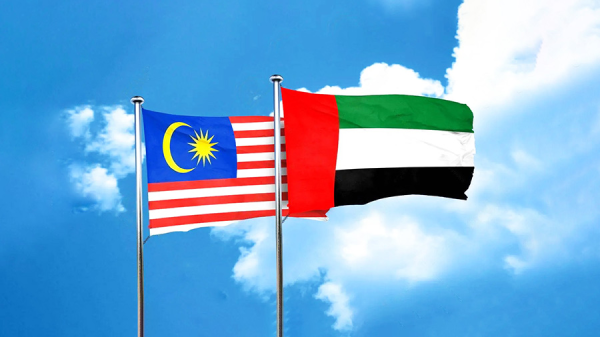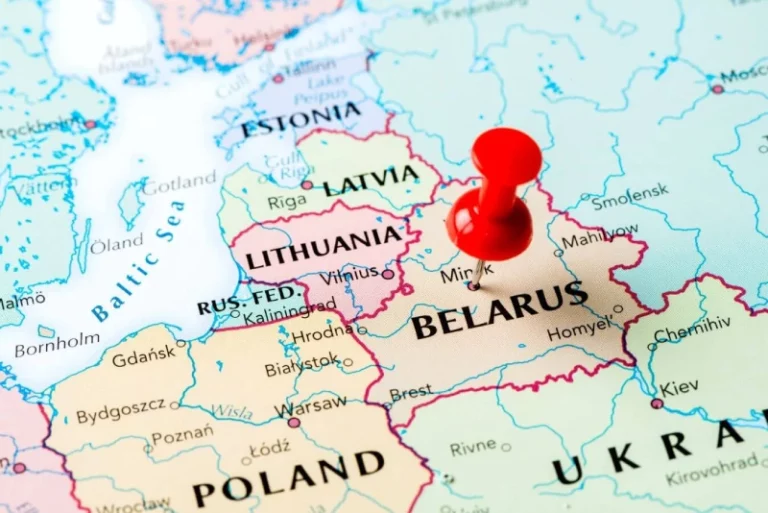The King of Malaysia, Sultan Abdullah Ahmad Shah, arrived in the United Arab Emirates (UAE) for a state visit, with Sheikh Hamed bin Zayed and various officials receiving him upon arrival at the Presidential Terminal at Abu Dhabi International Airport on February 24.
This marks the second visit by the Malaysian monarch to the Emirates in three months, following his visit in December 2022 to witness the signing of a historic oil deal between the two nations.
The agreement, signed between Abu Dhabi National Oil Company and Malaysia’s Petronas, aims to unlock hydrocarbon resources in the emirate and build on the strong ties between the two countries. It marked the first time a Malaysian company invested in hydrocarbons in Abu Dhabi, and under the six-year concession agreement, Petronas will hold a 100% stake and operational power to explore and appraise unconventional oil in the block, covering an area of more than 2,000 square kilometres.
The visit and the signing of the oil deal are significant developments in the context of the global economy. Malaysia and the UAE are both important players in the global oil and gas market, and their partnership is likely to have a considerable impact on the industry.
Renewing partnerships
In recent years, the UAE has been working to diversify its economy away from oil and gas, and has been investing in renewable energy and other sectors. The country’s Vision 2021 plan aims to transform the UAE into a knowledge-based, diversified economy driven by innovation, entrepreneurship and creativity.
The partnership with Malaysia is likely to support this vision, as Malaysia has a well-developed economy with a strong manufacturing sector, and is a leading producer of palm oil, rubber and other commodities. The two countries have a long-standing relationship, and have cooperated in areas such as trade, renewable energy, food security and other sectors.
The visit by the King of Malaysia and the signing of the oil deal also come at a time when the global economy is facing significant challenges. The COVID-19 pandemic has disrupted global trade and investment, and has led to significant economic and social costs.
Despite these challenges, there are also opportunities for countries to cooperate and work together to overcome them. The partnership between Malaysia and the UAE is an example of this, and demonstrates the potential for collaboration and innovation in the face of adversity.
Gateway to SEA
On top of the economic benefits of the partnership between Malaysia and the UAE, there are also important geopolitical implications. Both countries are located in strategically important regions, with the UAE situated at the crossroads of Europe, Asia and Africa, and Malaysia serving as a gateway to Southeast Asia.
As such, the partnership between the two countries could help to strengthen political and economic ties across these regions, and could contribute to regional stability and security.
The visit by the King of Malaysia in Dubai and the signing of the oil deal between Malaysia’s Petronas and Abu Dhabi National Oil Company are significant developments from a global economic perspective. The partnership between Malaysia and the UAE is likely to have a considerable impact on the oil and gas industry, and could support the UAE’s efforts to diversify its economy and transform into a knowledge-based, diversified economy driven by innovation, entrepreneurship and creativity.
The partnership also has important geopolitical implications, and could contribute to regional stability and security. In a world facing significant challenges, the partnership between Malaysia and the UAE is an example of the potential for collaboration and innovation in the face of adversity, and highlights the importance of international cooperation in addressing global issues.



















